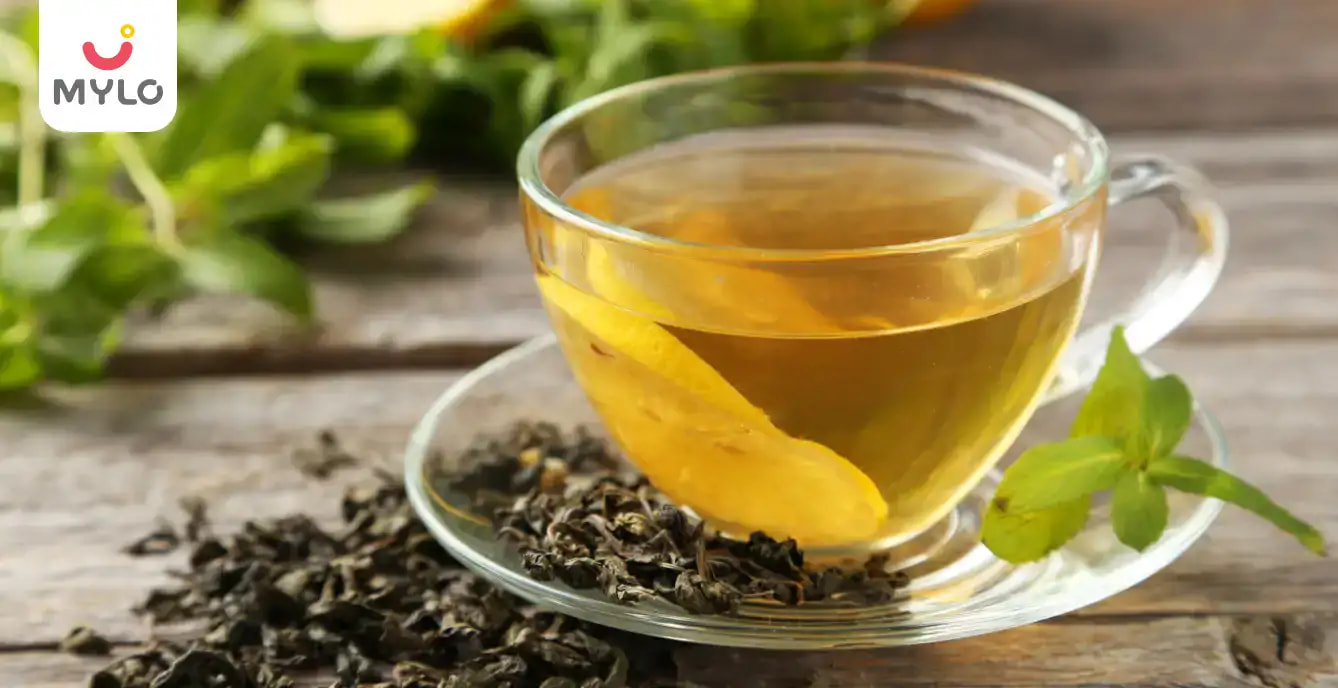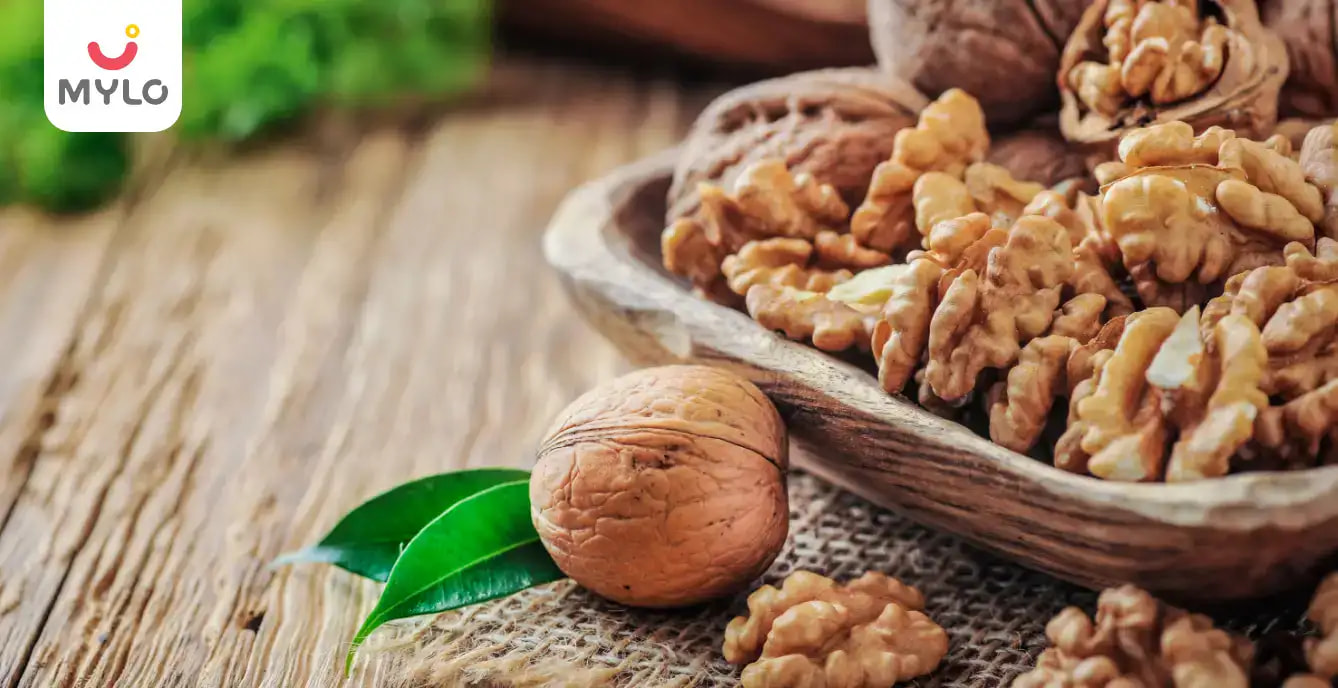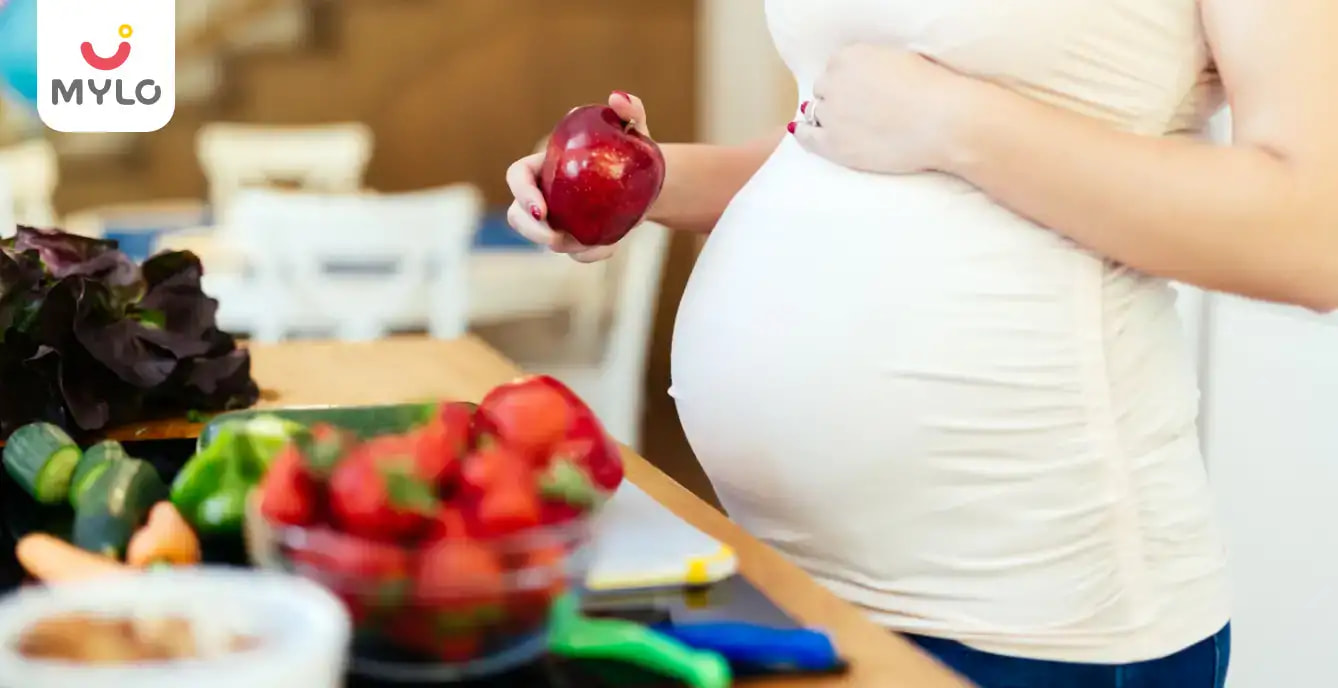Home

Pregnancy Precautions

Soda During Pregnancy: Is It Safe or Should You Avoid It?
In this Article
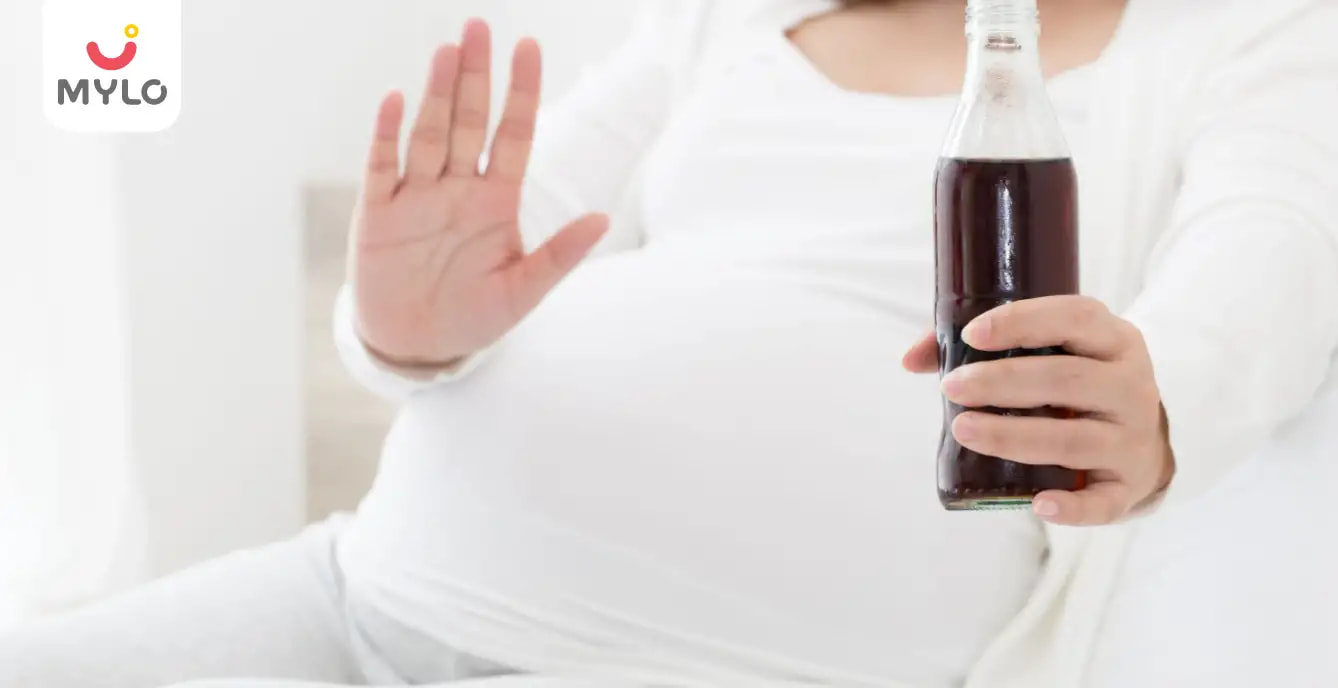
Pregnancy Precautions
Soda During Pregnancy: Is It Safe or Should You Avoid It?
Updated on 4 October 2023
Pregnancy is a special time in a woman's life, filled with joy and anticipation. However, it also comes with a set of responsibilities, including making healthy choices for both the mother and the baby. One common question that arises is whether it is safe to consume soda during pregnancy. While it may be tempting to reach for a can of soda to quench your thirst, it is important to understand the potential risks and effects it may have on your pregnancy.
Is it safe to consume soda in pregnancy?
Many pregnant women wonder can we drink soda during pregnancy. Soda, also known as soft drinks or carbonated beverages, typically contains high levels of sugar, caffeine, and artificial additives. These ingredients can have a negative impact on both the mother and the developing baby.
One of the main concerns with consuming soda while being pregnant is the high sugar content. Excessive sugar intake can lead to gestational diabetes, a condition that affects the mother's blood sugar levels and can increase the risk of complications during pregnancy.
Additionally, the caffeine found in soda can cross the placenta and affect the baby's development. It is advisable to limit caffeine intake during pregnancy to avoid potential problems.
Is plain soda during pregnancy a better alternative?
When it comes to choosing beverages during pregnancy, many women wonder if plain soda is a safer alternative. Plain soda, also known as carbonated water or club soda, does not contain added sugars or artificial additives commonly found in regular soda. It can provide a refreshing and hydrating option for pregnant women who are looking for something fizzy without the negative effects of regular soda.
Plain soda can be a great substitution for those craving a carbonated beverage during pregnancy. It offers the same effervescence and refreshing taste without the added sugars or caffeine.
Moreover, it can help alleviate common pregnancy symptoms such as indigestion or nausea. However, it is important to note that even plain soda during pregnancy should be consumed in moderation. Too much carbonation can lead to bloating or discomfort, so it is always best to listen to your body and consume it in reasonable amounts.
What are the risks of consuming soda during pregnancy?
Daily or frequent consumption of soda can have the following effects on expecting mothers and their babies:
1. Gestational diabetes
As mentioned earlier, soda contains high levels of sugar which can increase the risk of developing gestational diabetes. This condition can have various complications for both the mother and the baby, including high birth weight, premature birth, and an increased risk of type 2 diabetes later in life for the baby.
2. Excessive weight gain
Soda is often associated with empty calories, meaning it provides little to no nutritional value. Regular consumption of soda can contribute to excessive weight gain, which can lead to complications such as gestational hypertension and an increased risk of cesarean delivery.
3. Dehydration
Soda is a diuretic, which means it can cause increased urine production and potentially lead to dehydration. Dehydration during pregnancy can have serious consequences, including preterm contractions and reduced amniotic fluid levels.
4. Calcium depletion
Some sodas contain phosphoric acid, which can interfere with the body's ability to absorb calcium. This can lead to calcium depletion, which is crucial for the development of the baby's bones and teeth. It is important to ensure an adequate intake of calcium-rich foods and drinks during pregnancy.
5. Increased risk of childhood obesity
Studies have shown a link between maternal soda consumption during pregnancy and an increased risk of childhood obesity. The high sugar content in soda can affect the baby's metabolism and predispose them to obesity later in life.
You may also like: Top 10 Danger Signs of Pregnancy
Tips for reducing soda consumption in pregnancy
If you find yourself struggling to manage soda cravings during pregnancy, then here are some tips that can help you:
1. Be mindful of your cravings
If you find yourself craving soda, try to identify the underlying reason for the craving. It could be thirst, boredom, or simply habit. Addressing the root cause can help reduce the desire for soda.
2. Stay hydrated
Opt for healthier alternatives such as water, infused water, herbal tea, or natural fruit juices to stay hydrated. Keeping a water bottle handy can help remind you to drink more fluids throughout the day.
3. Gradually reduce soda intake
Instead of quitting soda cold turkey, consider gradually reducing your consumption. Start by replacing one soda a day with a healthier option, and gradually increase the number of healthier beverages while decreasing soda intake.
4. Explore healthier alternatives
Experiment with different flavors of carbonated water or try making your own fruit-infused sparkling water at home. This can provide a similar fizzy sensation while avoiding the negative effects of soda.
You may also like: Barley Water During Pregnancy: A Natural Elixir for Wellness and Hydration
5. Seek support
Share your goal of reducing soda consumption with your partner, friends, or family members. Having a support system can help you stay motivated and accountable for your choices.
Healthy alternatives to soda in pregnancy
Here are some alternatives to drinking soda during pregnancy that you may consider:
1. Infused water
Add slices of fruits, such as lemon, cucumber, or berries, to a pitcher of water and let it infuse overnight. This can provide a refreshing and flavorful alternative to soda.
2. Herbal tea
Explore a variety of herbal teas that are safe during pregnancy, such as ginger tea or peppermint tea. These can provide a soothing and hydrating option without the added sugars or caffeine.
You may also like: Green Tea During Pregnancy: Benefits, Risks & Safety Measures
3. Fresh fruit juices
Opt for freshly squeezed fruit juices, such as orange juice or watermelon juice, to satisfy your sweet cravings. Just ensure they are consumed in moderation due to their natural sugar content.
4. Smoothies
Blend together a combination of fruits, vegetables, and yogurt to create a nutritious and delicious smoothie. This can be a great way to incorporate additional vitamins and minerals into your diet.
5. Milk or plant-based milk
Choose low-fat milk or plant-based milk alternatives such as almond milk or soy milk. These options provide calcium and other essential nutrients that support the baby's development.
You may also like: Milk During Pregnancy: Which Milk is Good for Pregnancy?
Final thoughts
While it may be tempting to indulge in soda during pregnancy, it is crucial to consider the potential risks and effects it may have on both the mother and the baby. Opting for healthier alternatives and reducing soda consumption can help ensure a healthier pregnancy. Remember to listen to your body, stay hydrated, and make informed choices for the well-being of yourself and your baby.
References
1. Halldorsson TI, Strøm M, Petersen SB, Olsen SF. (2010). Intake of artificially sweetened soft drinks and risk of preterm delivery: a prospective cohort study in 59,334 Danish pregnant women. Am J Clin Nutr.
2. Grundt JH, Eide GE, Brantsaeter AL, Haugen M, Markestad T. (2017). Is consumption of sugar-sweetened soft drinks during pregnancy associated with birth weight? Matern Child Nutr.
3. Barbosa JMA, Silva AAMD, Kac G, Simões VMF, Bettiol H, Cavalli RC, Barbieri MA, Ribeiro CCC. (2021). Is soft drink consumption associated with gestational hypertension? Results from the BRISA cohort. Braz J Med Biol Res.



Written by
Parul Sachdeva
A globetrotter and a blogger by passion, Parul loves writing content. She has done M.Phil. in Journalism and Mass Communication and worked for more than 25 clients across Globe with a 100% job success rate. She has been associated with websites pertaining to parenting, travel, food, health & fitness and has also created SEO rich content for a variety of topics.
Read MoreGet baby's diet chart, and growth tips

Related Articles
Related Questions
Influenza and boostrix injection kisiko laga hai kya 8 month pregnancy me and q lagta hai ye plz reply me

Hai.... My last period was in feb 24. I tested in 40 th day morning 3:30 .. That is faint line .. I conculed mylo thz app also.... And I asked tha dr wait for 3 to 5 days ... Im also waiting ... Then I test today 4:15 test is sooooo faint ... And I feel in ma body no pregnancy symptoms. What can I do .

Baby kicks KB Marta hai Plz tell mi

PCOD kya hota hai

How to detect pcos

RECENTLY PUBLISHED ARTICLES
our most recent articles

Vaginal Discharge
Watery Discharge Before Period: Is It Normal or a Cause for Concern
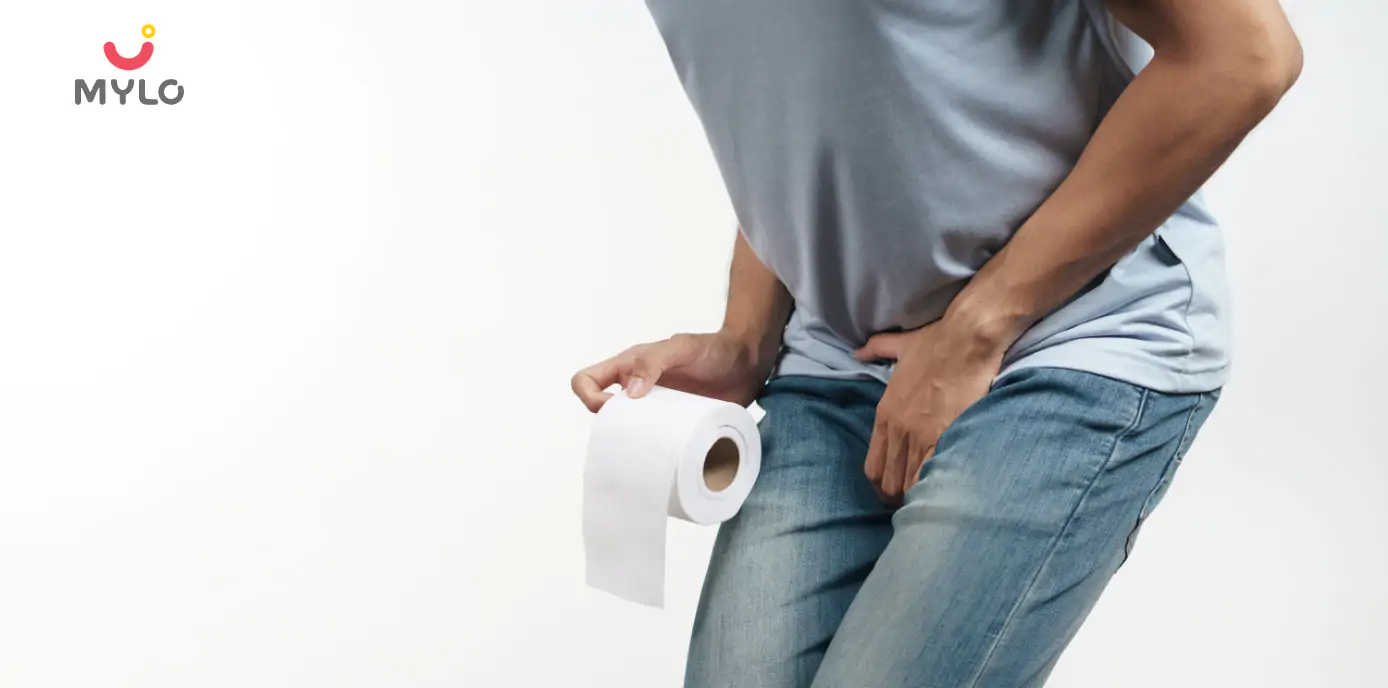
Male Infertility
Sperm Cramps: Debunking Myths and Shedding Light on the Facts
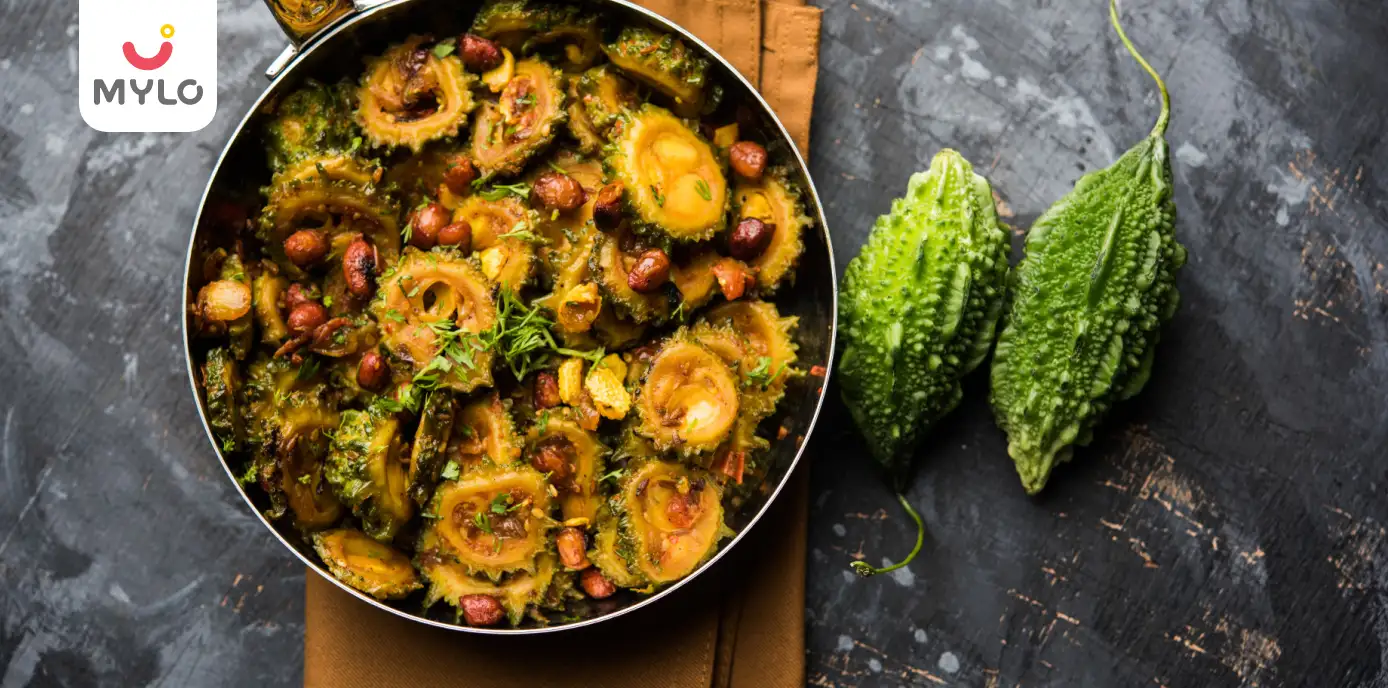
Diet & Nutrition
Bitter Gourd During Pregnancy: Benefits and Precautions You Should Know

First Period After Failed IVF Cycle: What to Expect and How to Cope
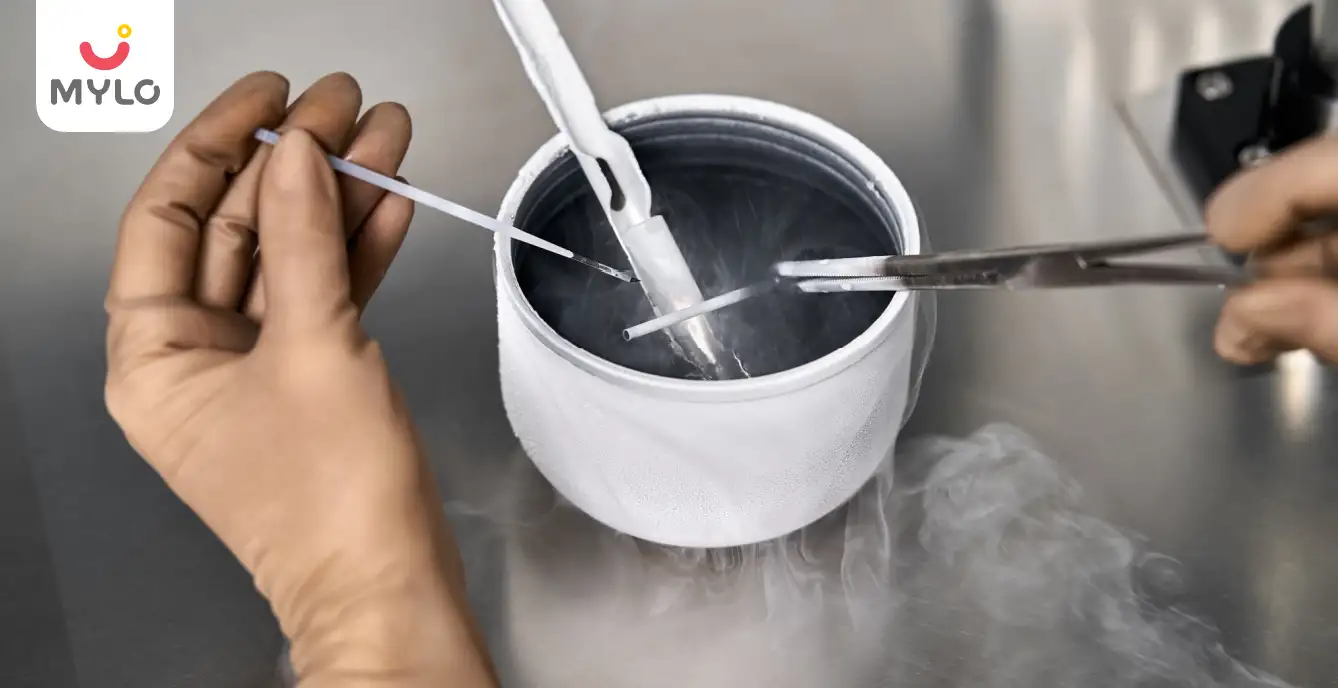
Fertility
Freezing Eggs: The Pros and Cons of Preserving Your Fertility

Fertility Problems
Can a Diabetic Woman Get Pregnant: Exploring the Facts and Myths
- Bulky Uterus with Fibroids: Understanding Causes, Symptoms, and Treatment Options
- Tubal Recanalization: How This Procedure Can Help Restore Your Fertility
- Are FSH (Urofollitropin) Injections an Effective and Safe Fertility Treatment For You?
- The Ultimate Guide to Choosing a Baby Massage Oil for Summer
- The Ultimate Guide to Understanding a Follicle Size Growth Chart
- Fruits for PCOS: Your Guide to Making Healthy Choices
- Is Milk Good for PCOS: Exploring the Dairy Dilemma
- The Ultimate Guide to Using Ashokarishta for PCOS
- PCOS Pain: The Ultimate Guide to Causes and Effective Management
- 10 Best Mystery Books to Read in 2023
- 10 Best Non-Fiction Books to Read in 2023
- Is Ghee Good for PCOS: The Ultimate Guide to Benefits and Ways to Consume
- Is Curd Good for PCOS: The Ultimate Guide to Debunking Myths and Discovering Benefits
- Dark Chocolate for PCOS: Unlocking the Potential of a Guilt-Free Indulgence


AWARDS AND RECOGNITION

Mylo wins Forbes D2C Disruptor award

Mylo wins The Economic Times Promising Brands 2022
AS SEEN IN

- Mylo Care: Effective and science-backed personal care and wellness solutions for a joyful you.
- Mylo Baby: Science-backed, gentle and effective personal care & hygiene range for your little one.
- Mylo Community: Trusted and empathetic community of 10mn+ parents and experts.
Product Categories
baby carrier | baby soap | baby wipes | stretch marks cream | baby cream | baby shampoo | baby massage oil | baby hair oil | stretch marks oil | baby body wash | baby powder | baby lotion | diaper rash cream | newborn diapers | teether | baby kajal | baby diapers | cloth diapers |



